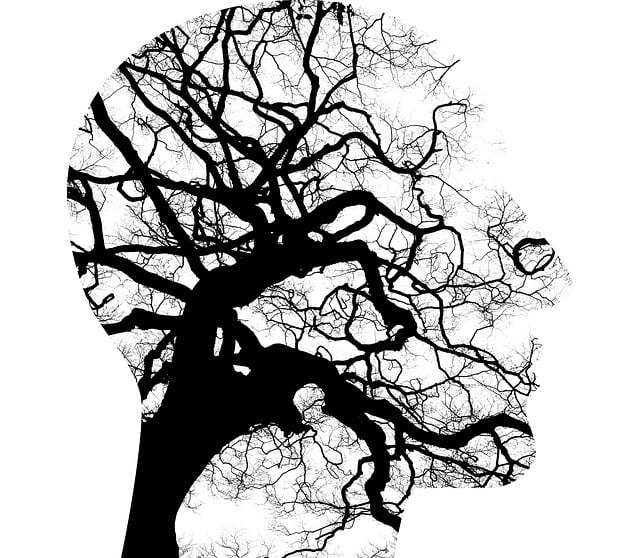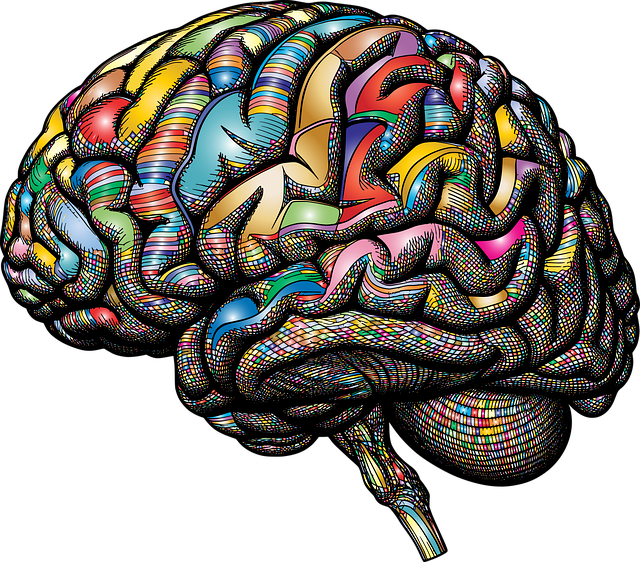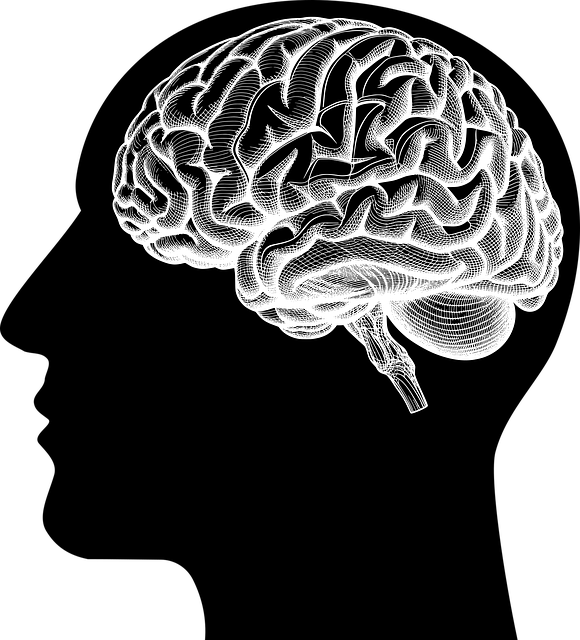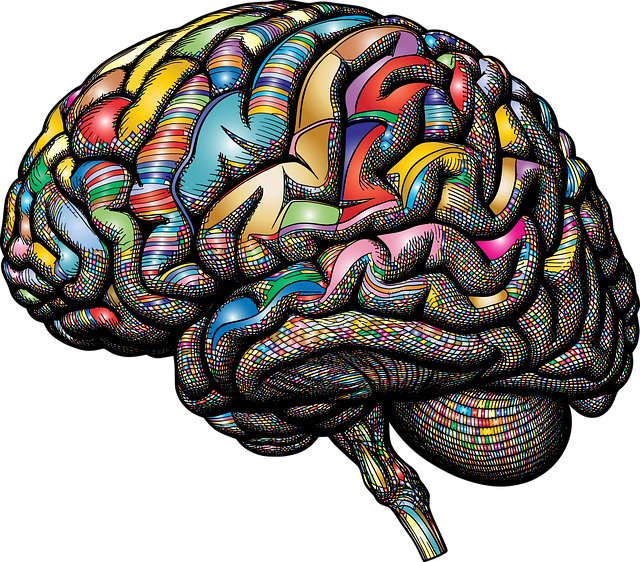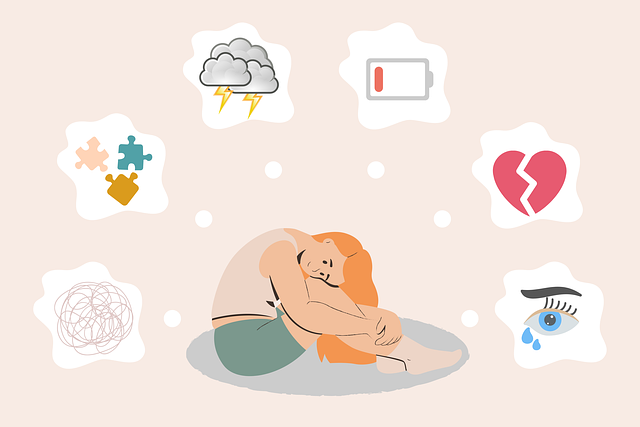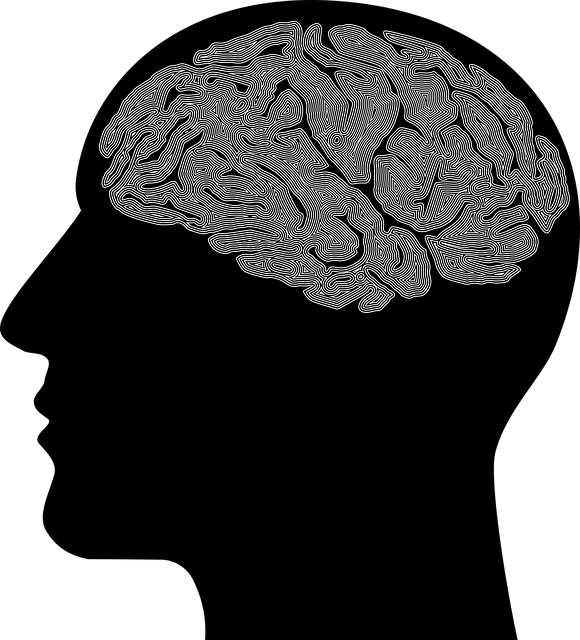Aurora Exposure and Response Prevention (AERP) Therapy is an evidence-based approach to enhance emotional intelligence (EI), empowering individuals to navigate life's challenges with improved self-awareness, coping mechanisms, and healthier responses. Through gradual exposure to distressing situations, AERP rewires neural pathways, reduces emotional reactions, and promotes better mental health, making it effective for treating anxiety and PTSD. Integrating EI into daily practice strengthens personal and professional relationships, while Mental Wellness Coaching Programs and Advocacy can foster a supportive environment, reducing stigma and enriching emotional lives.
Emotional intelligence (EI) is a powerful tool for navigating life’s challenges and fostering meaningful connections. This article explores the intricate world of EI, highlighting its profound benefits for mental health, relationships, and overall well-being. We delve into the innovative approach of Aurora Exposure and Response Prevention Therapy, offering evidence-based strategies to enhance EI daily. Discover practical ways to recognize emotions, manage responses, and build stronger, more fulfilling relationships.
- Understanding Emotional Intelligence and Its Benefits
- The Role of Aurora Exposure and Response Prevention Therapy
- Practical Strategies for Enhancing Emotional Intelligence Daily
Understanding Emotional Intelligence and Its Benefits

Emotional intelligence (EQ) is a powerful tool for navigating life’s challenges and fostering meaningful connections. It involves recognizing, understanding, and managing one’s own emotions, as well as empathizing with and responding appropriately to others’ feelings. This skill set goes beyond mere sentimentality; it empowers individuals to make thoughtful decisions, build strong relationships, and adapt effectively to changing circumstances.
Aurora Exposure and Response Prevention (AERP) Therapy is a evidence-based approach that helps individuals develop emotional intelligence by addressing underlying fears and negative thought patterns. By gradually exposing oneself to stressful or anxiety-inducing situations and learning to manage the associated emotions, AERP equips people with valuable coping mechanisms. This process, coupled with Crisis Intervention Guidance and Mood Management techniques, strengthens self-awareness exercises and promotes healthier responses in both everyday interactions and high-pressure scenarios.
The Role of Aurora Exposure and Response Prevention Therapy

Aurora Exposure and Response Prevention Therapy (AERPT) is a powerful approach to enhancing emotional intelligence and mental wellness. This therapy involves gradual exposure to distressing situations or memories, coupled with prevention of typical emotional or behavioral responses. By doing so, individuals learn to confront their fears, manage their emotions, and change their reactions. AERPT has been shown to be highly effective in treating various conditions, including anxiety disorders and post-traumatic stress disorder (PTSD).
The process begins by identifying specific triggers and the associated emotional responses. Through controlled exposure, individuals face these triggers while practicing new coping strategies. This involves learning conflict resolution techniques, managing stress, and cultivating self-awareness. Over time, AERPT helps to rewire neural pathways, reducing the intensity of emotional reactions and fostering better mental health. Moreover, this therapy can be integrated into comprehensive Mental Wellness Coaching Programs and enhanced by effective Risk Management Planning for Mental Health Professionals, ensuring a holistic approach to supporting clients’ emotional intelligence development.
Practical Strategies for Enhancing Emotional Intelligence Daily

Building emotional intelligence (EI) is a daily practice that can significantly enhance both personal and professional relationships. One effective approach is Aurora Exposure and Response Prevention Therapy, which involves gradual exposure to emotionally charged situations, helping individuals manage their responses and gain better control over their emotions. This therapy encourages people to face their fears and challenges in a safe environment, fostering growth and resilience.
Integrating EI into daily life also means cultivating self-awareness, empathy, and effective communication skills. Mental Health Policy Analysis and Advocacy plays a crucial role here by promoting policies that support mental health awareness and access to resources. By actively engaging in conversations around Mental Health Awareness, individuals can reduce stigma and encourage others to seek help. Inner strength development through mindfulness practices, active listening, and constructive feedback allows people to navigate relationships with understanding and compassion, ultimately enriching their emotional lives.
Emotional intelligence is a powerful tool for personal growth and improved relationships. By understanding and managing our emotions, we can enhance our overall well-being and navigate life’s challenges more effectively. The article has explored the benefits of emotional intelligence and introduced innovative approaches like Aurora Exposure and Response Prevention Therapy to boost its development. Daily practice and strategic implementation are key; incorporating techniques from this therapy, along with practical strategies, allow us to cultivate a deeper sense of self-awareness and empathy, ultimately enriching our personal and professional lives.
